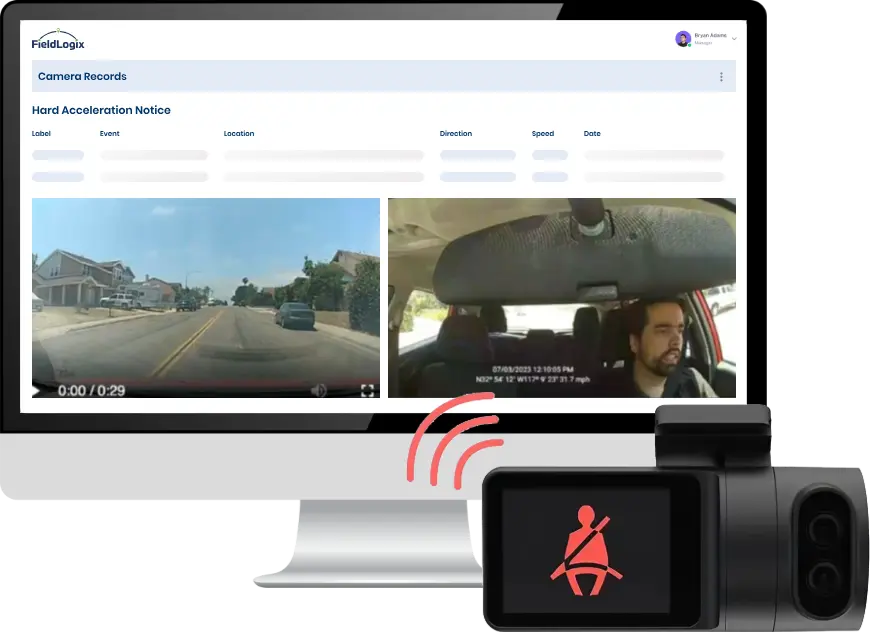Football Coaches Monitor Players With GPS Tracking
In Europe, football coaches are using GPS tracking systems to train and monitor their players while they are on the field. GPS tracking technology is just starting to enter the market in football, but many believe it will become more popular in the coming years.
This weekend there was a big game scheduled at an outdoor stadium, Millennium Stadium, between Wales and France, but the weather was cold and rainy. The stadium had a retractable roof that can be closed when the weather is bad, but France coach Philippe Saint-André refused to agree to close the roof because it would affect the GPS tracking system worn by his players, according to Whales News online.
Coach Saint-André claimed the GPS tracking system wouldn’t work properly if the roof was closed because it would block the GPS signals the devices need to be operate.
The GPS tracking system gives Saint-Andre and his staff a vast amount of information at the touch of a button, even telling them if a player is tiring, how much force he is putting into tackles and how much effort he is making. It helps coaches in deciding when and who to substitute during games – and Saint-Andre wasn’t prepared to compromise.












